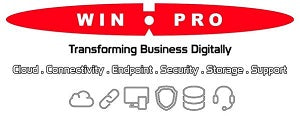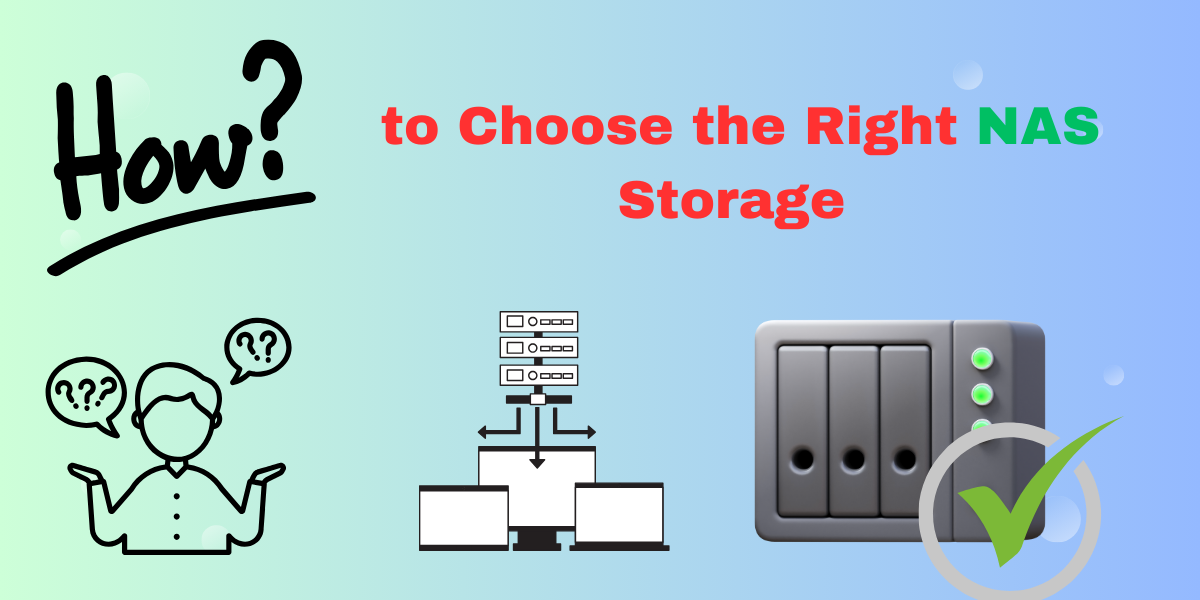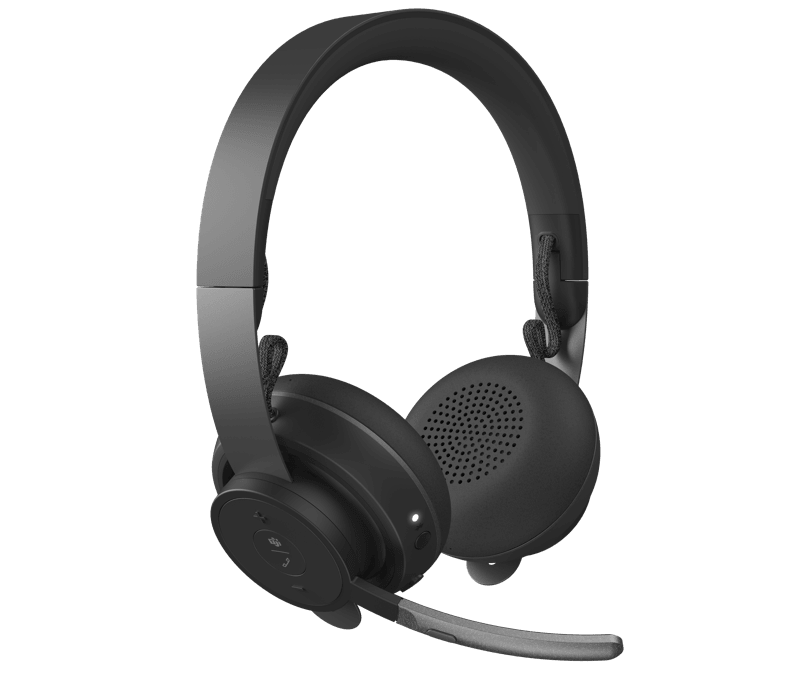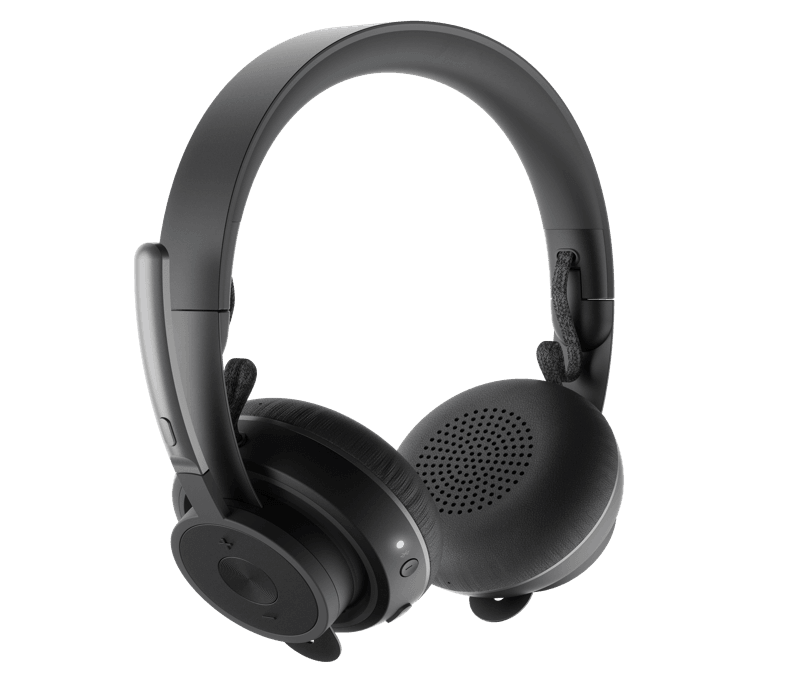In today's data-driven world, businesses of all sizes rely on efficient and secure storage solutions to manage their digital assets. Network-Attached Storage (NAS) systems have emerged as a popular choice for businesses looking to centralize their data storage and access it seamlessly across their network. However, with a plethora of NAS options available in the market, choosing the right one for your business can be a daunting task. In this blog, we'll guide you through the essential factors to consider when selecting a suitable NAS for your business.

1. Storage Capacity
The first and foremost consideration when choosing a NAS for your business is the storage capacity. You need to assess your current storage requirements and future growth projections. Calculate how much data your business generates and how quickly that data is growing. It's advisable to opt for a NAS that can accommodate your needs for at least the next few years to avoid frequent upgrades. Also, consider whether the NAS supports scalable storage options, such as adding more hard drives or expansion units.
2. Performance
NAS performance is critical, especially for businesses dealing with large files, high-speed data access, or running resource-intensive applications. Look for a NAS with a powerful processor, sufficient RAM, and support for SSD caching if speed is a priority. It's important to match the NAS's performance capabilities with your specific business requirements to ensure smooth operations.

3. Redundancy and Data Protection
Data is the lifeblood of any business, and ensuring its safety is paramount. A suitable NAS should offer redundancy options like RAID (Redundant Array of Independent Disks) configurations to protect against drive failures. NAS models often support various RAID levels, so choose the one that best suits your data protection needs. Additionally, consider NAS systems that provide automated backup and recovery solutions to safeguard your data from unexpected disasters.
4. Scalability
As your business grows, your data storage needs will expand. It's crucial to select a NAS that offers scalability options, allowing you to easily add more storage capacity or upgrade components without causing significant downtime. Modular NAS systems are particularly useful in this regard, as they allow for hassle-free expansion.
5. Data Access and Sharing
The primary purpose of a NAS is to centralize data storage and facilitate seamless access and sharing across your organization. Ensure that the NAS supports the necessary protocols like SMB/CIFS (for Windows), AFP (for macOS), and NFS (for Unix/Linux). Some NAS systems also offer cloud integration, enabling remote access and collaboration, which can be a significant advantage for businesses with distributed teams.
6. User Management and Security
Maintaining proper user access control and data security is vital. Look for a NAS that offers robust user management features, including role-based access control (RBAC), encryption, and authentication methods like LDAP or Active Directory integration. Regularly update and patch your NAS to mitigate security vulnerabilities.
7. Backup and Disaster Recovery
A NAS should not only store data but also provide comprehensive backup and disaster recovery solutions. Ensure that the NAS supports automated backup schedules, versioning, and offsite backup options. Having a solid backup strategy in place is essential to prevent data loss in case of hardware failures or other unforeseen events.
8. Compatibility and Ecosystem
Consider your existing IT infrastructure and ecosystem when choosing a NAS. Ensure that the NAS integrates smoothly with your operating systems, applications, and other hardware. Compatibility can save you time and resources during deployment and maintenance.
9. Support and Warranty
Lastly, don't overlook the importance of post-purchase support and warranty. Opt for a NAS manufacturer with a good track record of customer support and a warranty that meets your business needs. This can provide peace of mind and assistance when you encounter technical issues.
In conclusion, selecting a suitable NAS for your business is a critical decision that requires careful consideration of your current and future storage needs, performance requirements, data protection measures, scalability options, and compatibility with your existing IT infrastructure. By taking these factors into account, you can make an informed choice that will support your business's data management needs effectively and efficiently.
NAS You May Consider :












